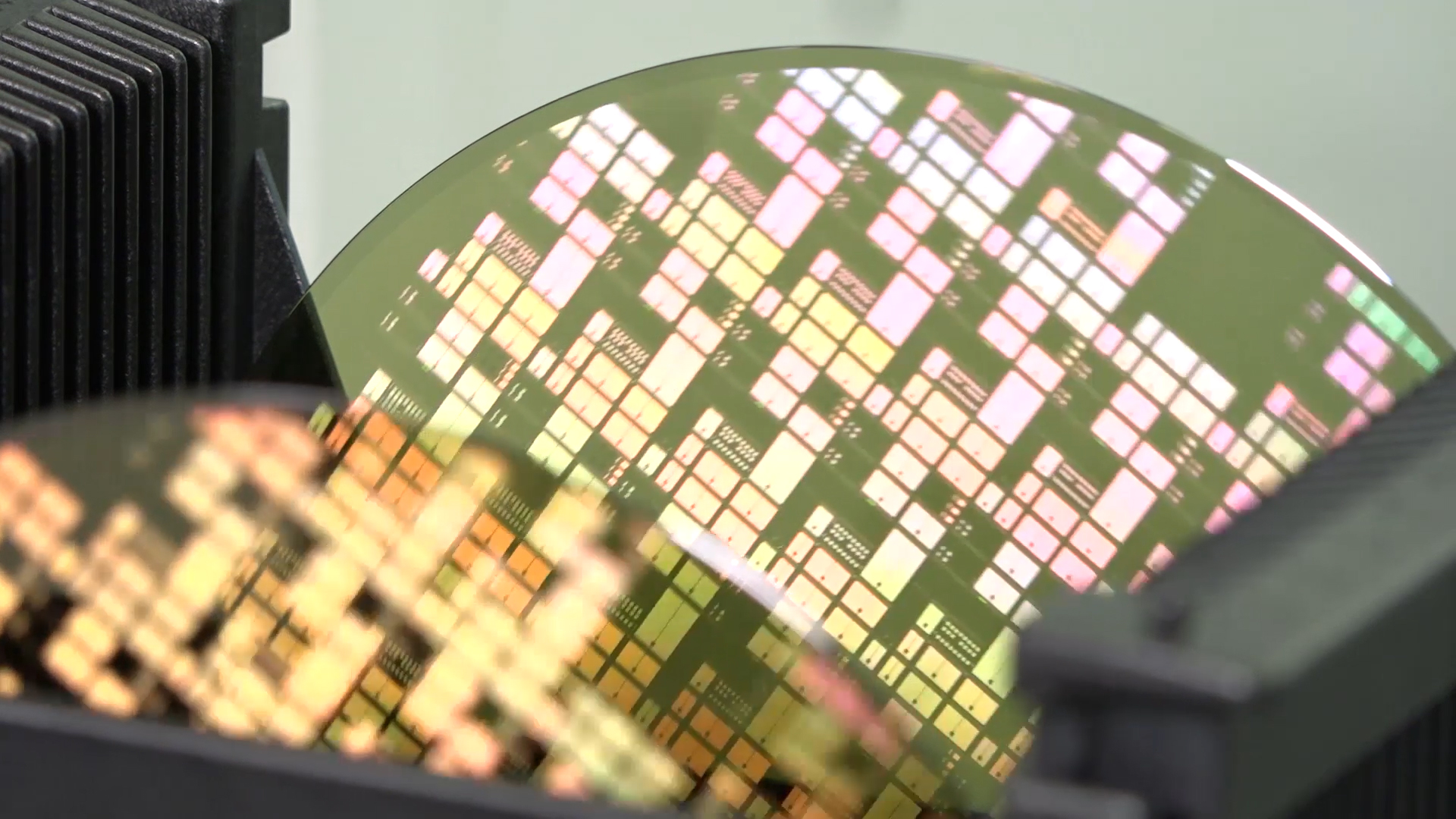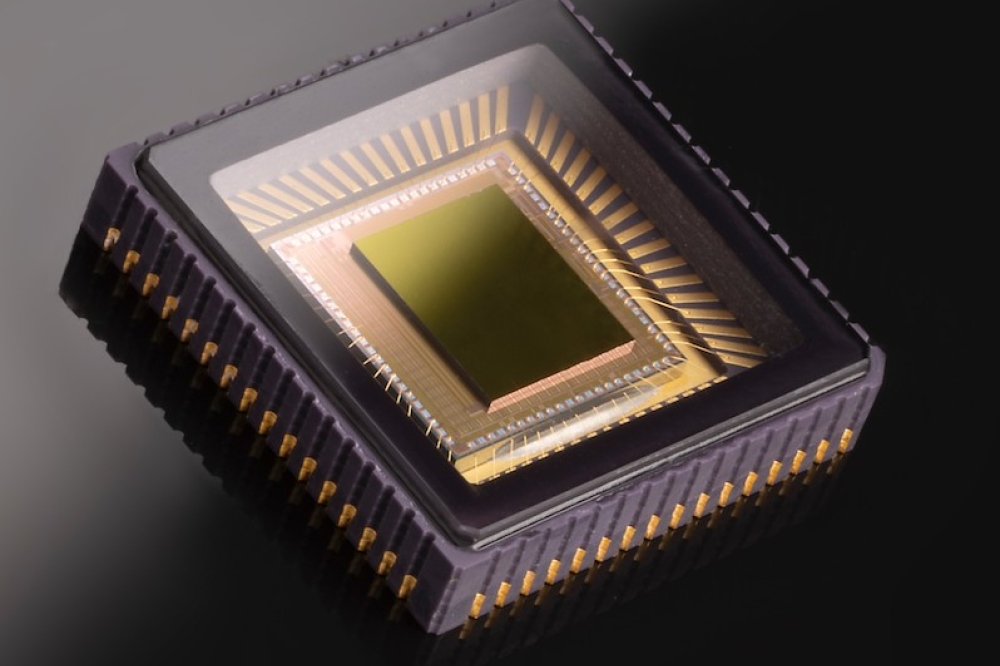Bosch: SiC is the future for car power electronics

Using SiC will address one of the key stumbling blocks for potential buyers of electric cars
Bosch, the only automotive supplier that manufactures semiconductors, says the future of all its power electronics will be based on SiC. And this will be key to the wider adoption of hybrid and electric vehicles.
Using SiC power electronics, for instance, Bosch says that motorists can drive 6 percent further on a single battery charge. In this way, Bosch is addressing one of the stumbling blocks for potential buyers of electric cars: nearly one in two consumers (42 percent) decide against buying an electric vehicle because they are afraid the battery will run out while they are on the road.
In Germany, this anxiety is even more prevalent, affecting 69 percent of consumers (source: Consors Finanz Automobile Barometer 2019). Alternatively, car manufacturers can make the battery smaller for a given range. This reduces the cost of an electric car’s most expensive component, which in turn reduces the vehicle’s price.
SiC technology also offers further potential savings down the line: the much lower heat losses of the chips, combined with their ability to work at much higher operating temperatures, mean that manufacturers can cut back on the expensive cooling of the powertrain components. That has a positive impact on electric vehicles’ weight and cost.
“Thanks to our deep understanding of systems in e-mobility, the benefits of SiC technology flow directly into the development of components and systems,” said Harald Kroeger, member of the Bosch board of management
In 2018, the value of semiconductor chips in an average car was around €337 (source: ZVEI). While this amount is growing by 1 to 2 percent annually for applications not relating to infotainment, connectivity, automation, and electrification, on average an electric vehicle has additional semiconductor chips worth €410 on board.
Experts predict that this figure will increase again by around €910 as a result of automated driving. This makes the automotive market one of the drivers of growth in the semiconductor sector. Furthermore, key applications of the internet of things, such as artificial intelligence, cyber security, smart cities, edge computing, smart homes, and connected industry, will drive future growth in the domain. With its semiconductor factories in Reutlingen and Dresden, Bosch is well prepared for these developments: “Our semiconductor know-how helps us not only to develop new automotive functions and IoT applications but also to continuously improve the chips themselves,” Kroeger says.
In June 2018, Bosch laid the cornerstone for a state-of-the-art semiconductor factory in Dresden. Its manufacturing operations will use wafers with a diameter of 300 mm.
Currently, Bosch makes 150- and 200 mm technology in Reutlingen, where it will also manufacture the new SiC chips. But it says the wafer fabs in Reutlingen and Dresden complement each other. “Semiconductors are a core component of all electrical systems. They are also turning data into a coveted raw material of the future. As they are becoming increasingly important in our fields of activity, we want to continuously expand our manufacturing operations,” Kroeger says.
In its wafer fab in Dresden, Bosch is investing around a billion euros – the largest single investment in the company’s history. In the factory, facilities are currently being installed in the clean room areas. The first associates are due to start work in the spring of 2020. Bosch will operate the plant as a carbon-neutral site.


































